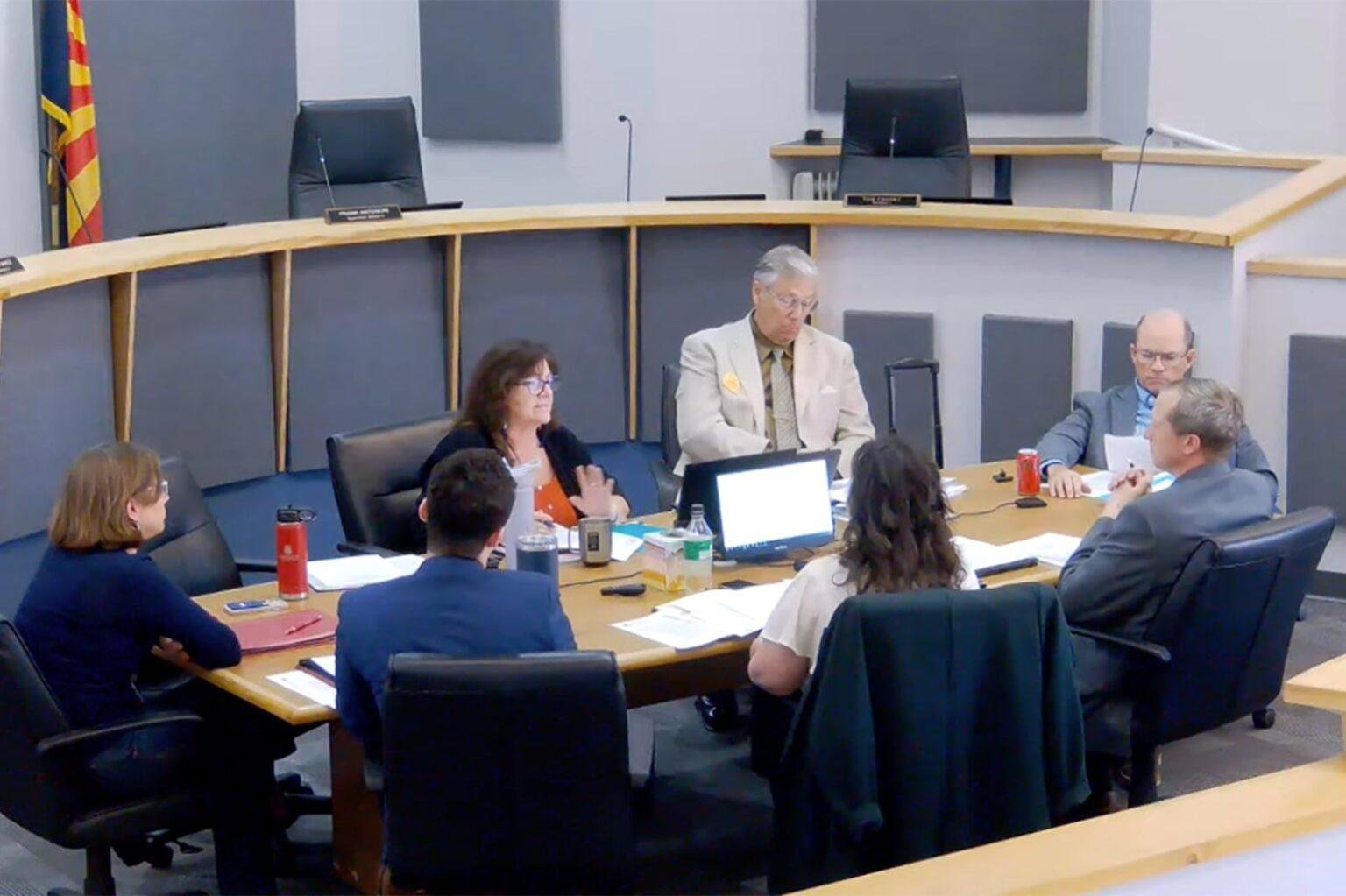arizona
Arizona Ruling Sparks Uncertainty: Are Local Officials Required to Certify Elections?

A recent ruling has significant implications for election certification processes in Arizona. This follows the actions of two Republican supervisors in Cochise County, who faced judicial pressure to certify the county’s 2022 election results. A judge emphasized that under Arizona’s election laws, supervisors have a mandatory duty to certify results, which they cannot evade.
Consequently, these supervisors were charged with felonies, including conspiracy and obstruction of the secretary of state’s duties. This legal situation prompted two state secretaries to push for clearer guidelines regarding the responsibilities of election supervisors.
Recently, a court decision challenged the notion that supervisors have no discretion when certifying elections. The court invalidated a section of the Elections Procedures Manual, asserting it exceeded statutory authority. This ruling poses potential challenges for one of the Cochise supervisors, Tom Crosby, who is seeking to dismiss the charges against him.
The ruling may also embolden supervisors throughout Arizona to reconsider their roles, potentially delaying or obstructing future election certifications. Former Pinal County Attorney Kent Volkmer expressed concern over the implications, warning that allowing partisan interests to influence elections could undermine democratic processes.
Election certification ambiguity is not unique to Arizona. A study by Informing Democracy highlighted similar issues in other swing states, where local officials have debated certification laws. While local officials are often mandated to certify elections, the lack of clear guidelines regarding their discretion can lead to serious complications.
In Arizona, current law requires supervisors to certify election results, and recent interpretations by the courts have emphasized this non-discretionary duty. Nonetheless, the recent ruling underscored that the interpretation of these duties falls to the courts, rather than the secretary of state.
State Rep. Rachel Jones has proposed legislation that would prevent prosecution of supervisors who refuse to certify results. This bill is currently pending and faces opposition from Democratic Gov. Katie Hobbs, who is likely to veto it. Jones argues that the bill is a defensive measure in response to the Cochise supervisors’ legal issues.
Arizona law states that county supervisors must address election canvassing within a strict timeline, a task often viewed as non-discretionary. Historically, the Elections Procedures Manual has evolved to enforce this duty more rigorously, particularly following challenges in recent elections.
However, disputes persist, with courts recently ruling that election supervisors cannot alter vote counts or deny results based on personal discretion. This underscores a critical separation: election disputes should be settled through established legal means, not local political maneuvering.
Crosby is now pressing for dismissal of his case, arguing the state has failed to substantiate the conspiracy charge against him. He maintains that the role of election officials extends beyond mere certification and should encompass a broader interpretation of their duties.
In summary, recent developments in Arizona’s election oversight reveal deepening tensions surrounding the roles of supervisors and their legal obligations. As courts weigh in, the landscape of election certification could evolve, impacting future elections significantly.


















